A cult figure in military history, Napoleon Bonaparte made several visits to what is now modern day Poland, with Poznań hosting him twice during his forays into the East.
The ‘Little Emperor’ first arrived in Poznań on November 27th, 1806, in a time sandwiched between victorious campaigns against the Prussian and Russian empires, respectively. In the words of the German chronicler Hugo Sommer, “for three weeks Poznań took on the role of the centre of the European world.”
Seen as a liberating hero by the natives (many of whom had fought in his ranks against the Prussians, and later against Russia), Bonaparte took residence at the former Jesuit College (ul. Gołębia) adjacent to the Lesser Basilica of St. Stanislaus. For the duration of his stay the college was decorated with gifts from the people, and renamed 'Château de Posen,' while other tributes included the re-christening of Al. Marcinkowskiego to 'Rue Napoleon.' An official reception was held in the throne room on November 28th, while the anniversary of his coronation on December 2nd witnessed a celebratory mass in St. Stanislaus', before a ball thrown in his honour at what was then the Municipal Theatre (nowadays the Eighth Day Theatre, ul. Ratajczaka 44). The ball, organised by General Dąbrowski, hero of the Polish national anthem, proved to be one of the high society Poznań's most infamous events, with rose petals scattered across the path of the fun-sized Frenchman as he arrived. Nine days later Napoleon signed a peace treaty between France and Saxony in the Redoubt Room (Hala Redutowa) of the Hotel Saski (ul. Wrocławska 25). It wasn’t to be his last visit to the Saski, as he took lodgings there again in 1812 on a stop-off during his ill-fated march on Moscow.
The Saski itself is worth a visit; though now nothing more than a row of shops, it is recognised as being Poznań’s first hotel. Designed by Józef Małczewski, it was constructed between 1796-1797 and its hall served as the social centre for the local glitterati for the next half century. Few signs remain of the Frenchman’s tours to this corner of the world, though die-hard fans can make the pilgrimage to Kórnik Castle to view his fork and spoon.


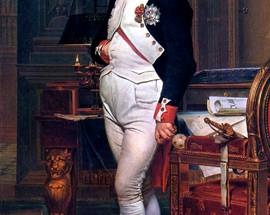
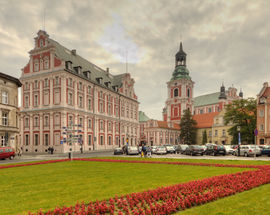
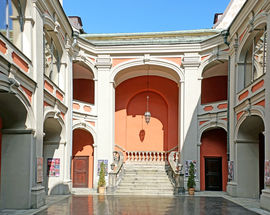
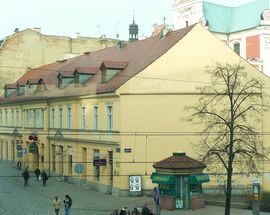
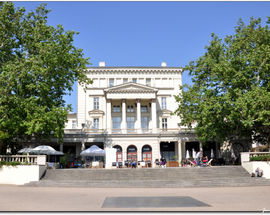
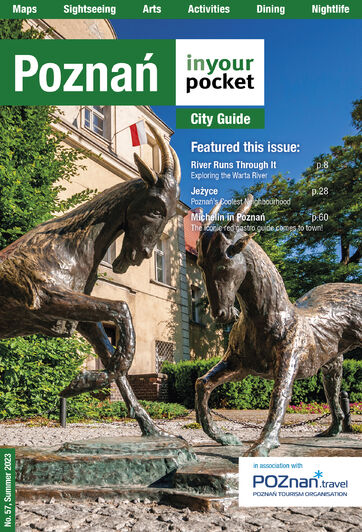
Comments